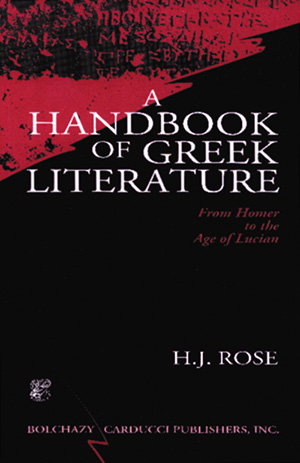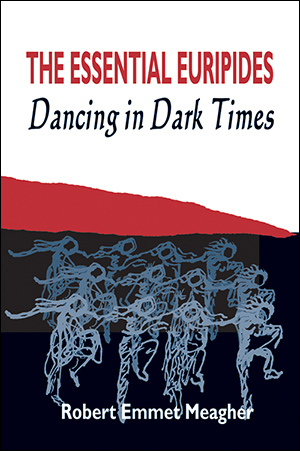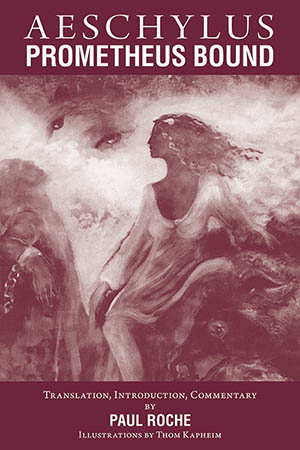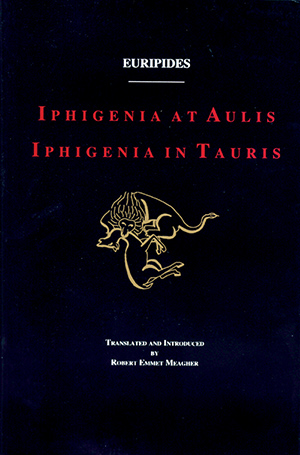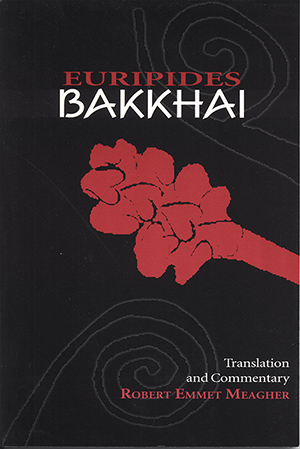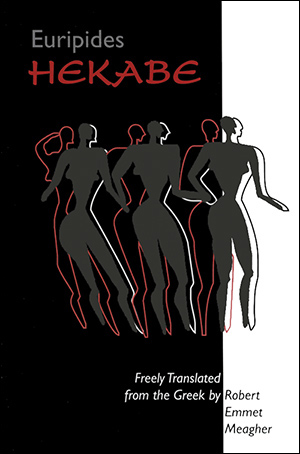Tales from the Greek Drama provides an excellent introduction to ten of the best known works of Greek drama. The book includes compelling renditions of Medea, Alcestis, Oedipus the King, Iphigenia at Aulis, Oedipus at Colonus, Agamemnon, Antigone, Electra, Ajax, and Hippolytus.
Combining the scholar's knowledge of Greek drama and the journalist's talent for dramatic accounts, Jolliffe's retelling of the monumental Greek tragedies allows the general reader to experience the theatrical, emotional, and literary impact of some of the ancient world's finest playwrights: Aeschylus, Euripides and Sophocles. Designed to provide an encounter with, rather than a study of Greek drama, this prose presentation removes the impediments of unfamiliar grammar and syntax, context, and genre. The result is a whetting of the appetite and the building of a firm foundation for a more sophisticated later reading of these works. Tales from the Greek Drama has been translated into Japanese and is currently in its second printing in Japan.
A classroom set provides ready access for enrichment activities.
Special Features
- a brief introduction focusing on the literary context
- 10 plays in a dramatic, comprehensible prose format: Medea, Oedipus the King, Oedipus at Colonus, Antigone, Hippolytus, Alcestis, Ajax, Iphigenia in Aulis, Agamemnon, and Electra
- an appendix on the theater of the Greeks



